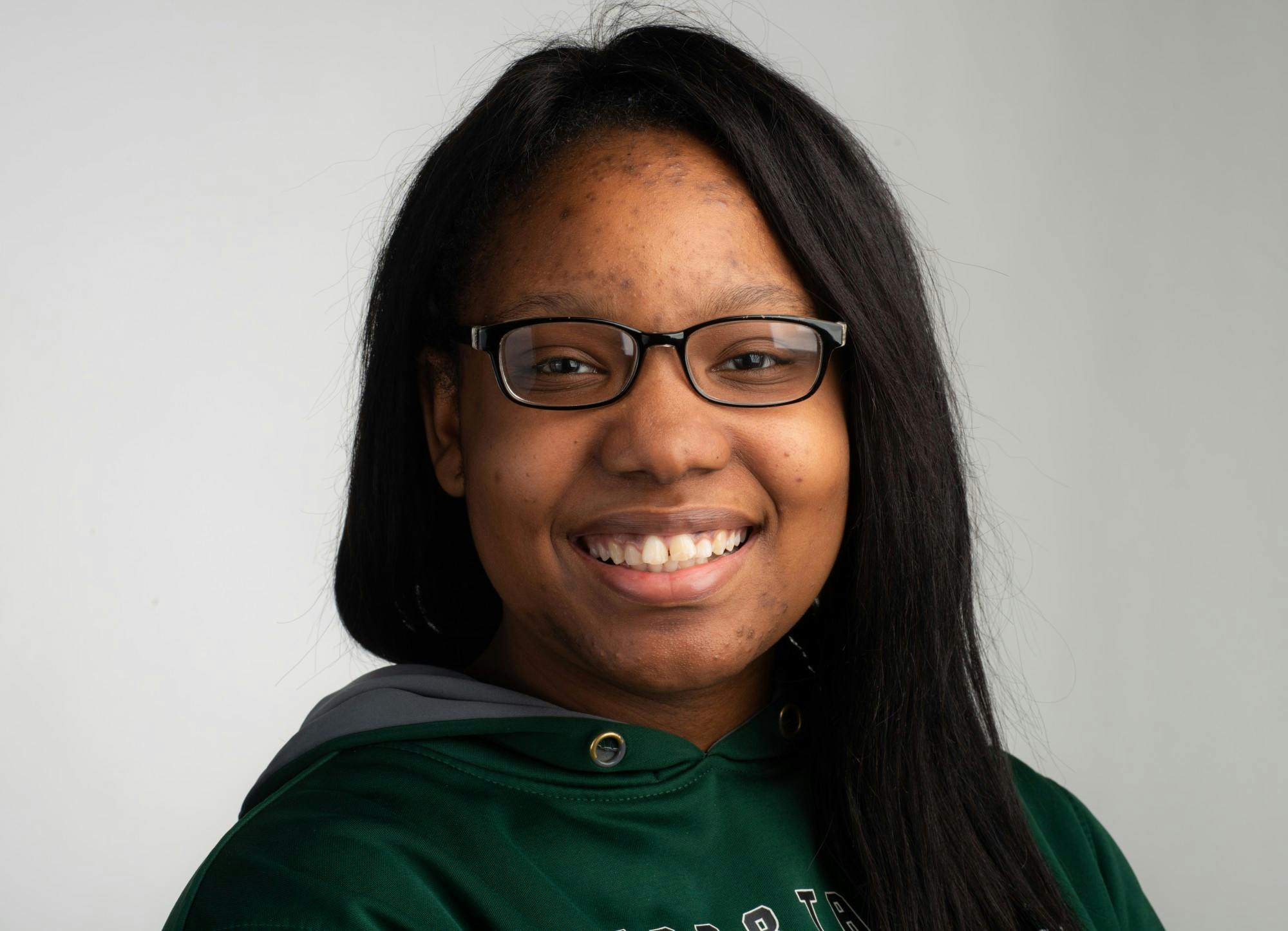I am an essential worker.
Every Thursday-Sunday, I tie my hair back, tuck in my black polo into my khaki pants, grab my homemade mask and send a tiny prayer to whoever is watching over me before pushing through the doors of Little Caesars.

I am an essential worker.
Every Thursday-Sunday, I tie my hair back, tuck in my black polo into my khaki pants, grab my homemade mask and send a tiny prayer to whoever is watching over me before pushing through the doors of Little Caesars.
I walk into work, waving hello to all of my coworkers who try the best they can to stay six feet away from each other in the small building. After hanging up my coat, I walk over to the phone station, where I fill out a daily questionnaire that asks if we’ve experienced any symptoms of COVID-19. After silently hoping that everyone is completely honest while filling this out, I clock in and begin my five-to-eight-hour shift.
During this time, I wash my hands at least 20 times, sanitize the lobby at least 30 times and take small mental breaks in the bathroom four different times to reassure myself I am doing all I can to stay healthy.
After my shift, I immediately change my clothes, careful not to touch anything else. I throw them into a separate laundry basket, change into fresh clothes and wash my hands a good three more times before rejoining my family.
Since I decided to return home after the transition to online instruction and the subsequent stay at home order, I had to return to my job to help pay the bills at my parents’ home. I didn’t have the choice to work remotely. You can’t sell pizzas from the comfort of your living room.
As a low-income, African American student, life didn’t stop, and it definitely couldn’t be contained to the four walls of my home. My parents and I still had to report to work. We still have to come in contact with people who are carrying the virus, who continue to gather despite the stay at home orders or who still believe this virus isn’t as serious as “the media” is making it.
Every time I put on my uniform, I join more than 9.7 million other food and industry workers in the U.S. — and more than 13,200 African Americans, according to the U.S. Bureau of Labor Statistics. With African American families making up 17.7% of America’s poor, according to Statistica, a business data platform, it’s no surprise that families like my own have to choose between health and financial security.
Don’t get me wrong, I acknowledge the national health care workers that have been pushing us through this pandemic. They are currently our backbone, and I am grateful for their unrelenting efforts.
But the idea that not even three months ago, the jobs that me, my family, and those other 13,200 African American workers held were considered “unskilled” and are now “essential” says a lot about society’s thoughts on those jobs and more importantly, the workers of color within them.
Though it’s a small part, it makes me feel honored to contribute in any way to getting us through the pandemic. Though my job is a financial necessity for me, I’m content with going into work. Sometimes, my coworkers and I are each other's only social interaction that day; that’s its own contribution.
But I believe after all of this is over, we should rethink how we label our essential workers, especially those of color. Aside from health care workers, we are the ones who have kept society running through everything. We provide dinner when you are sick of cooking, ring up your groceries on your once-a-month grocery run and deliver you almost anything you order online to avoid close contact.
And for many of us, we’re doing it without a pay raise, without more benefits and certainly without the health safety staying at home would give us.
Yet, we continue to work day in and day out. We keep on, knowing that once things return to normal, our jobs will be looked down upon, just like they’ve always been.
That’s a skill in itself.
Support student media! Please consider donating to The State News and help fund the future of journalism.